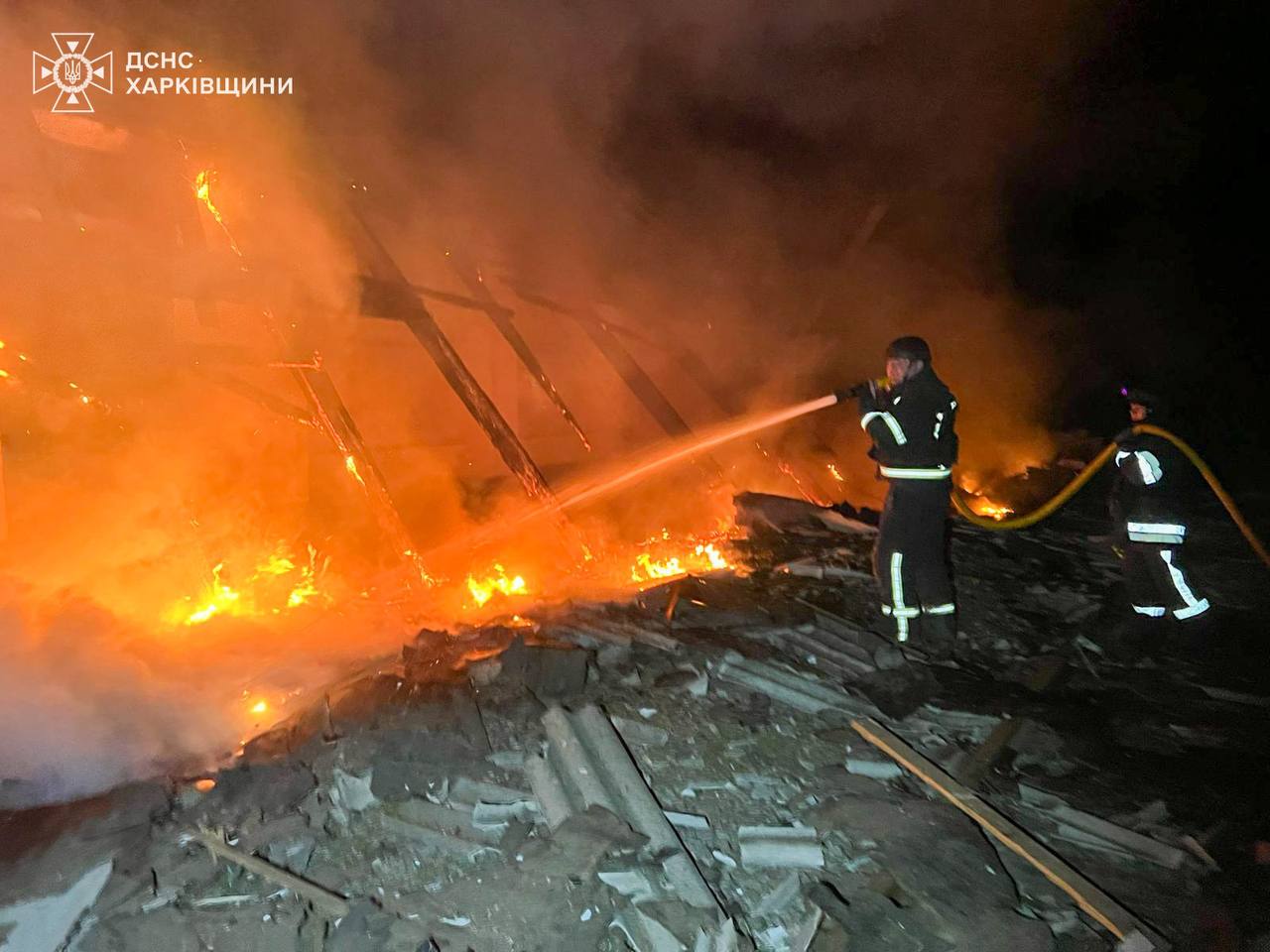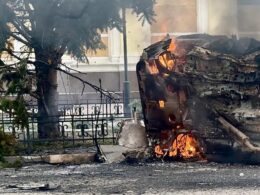Russia is continuing to strike Ukrainian critical and civilian infrastructure while technically observing the ceasefire on energy infrastructure strikes, according to a 27 March report by the US-based Institute for the Study of War (ISW). This approach contradicts US President Donald Trump’s goal of using the temporary ceasefire to facilitate lasting peace in Ukraine, according to the think tank.
Ukrainian Ministry of Foreign Affairs Spokesperson Heorhii Tykhyi confirmed on 27 March that neither Ukraine nor Russia had struck each other’s energy facilities since 25 March. However, the Russian Ministry of Defense claimed Ukraine violated the ceasefire agreement overnight on 25-26 March and 26-27 March.
The temporary ceasefire specifically excludes protections for civilian or non-energy critical infrastructure, and Russian forces have intensified strikes against these targets in recent days, ISW says.
According to the Ukrainian Air Force, Russian forces launched a significant attack overnight on 26-27 March, including an Iskander-M ballistic missile from Voronezh Oblast and 86 Shahed and other drones from multiple locations including Kursk City; Millerovo, Rostov Oblast; Primorsko-Akhtarsk, Krasnodar Krai; and occupied Cape Chauda in Crimea.
Ukrainian defenses successfully downed 42 drones while another 26 were “lost,” likely due to Ukrainian electronic warfare interference. Ukrainian officials reported that the Russian strikes damaged civilian infrastructure in Dnipro, Sumy, and Kharkiv cities.
Ukrainian Air Force Spokesperson Colonel Yurii Ihnat stated on 24 March that Russia is intentionally targeting populated cities with drones to destroy infrastructure and terrorize local civilian populations.
Since early March 2025, Russian forces have conducted large strikes against civilian areas in Kryvyi Rih, Dnipropetrovsk Oblast; Dobropillya, Donetsk Oblast; Zolochiv, Kharkiv Oblast; and port infrastructure in Odesa City, all while discussions of a temporary ceasefire were ongoing.
The Trump administration has previously described a temporary general ceasefire—which Russian President Vladimir Putin has repeatedly rejected—as a “necessary step” toward achieving an enduring peace settlement.
“Continued Russian strikes on Ukraine’s civilian infrastructure, even under the conditions of an alleged ceasefire on energy infrastructure strikes, will be detrimental to the establishment of a sustainable peace in Ukraine,” ISW concludes.
Related:
- Trump now wants entire Ukrainian resource revenue in updated minerals pact offer
- Russia strikes Ukraine’s gas site, blames Kyiv for Russian strike on Ukraine-controlled Sudzha gas station
- “Explosions threw me all the way to the door”: Russian drones targeted Kharkiv and Dnipro, injuring civilians
- Russian drones injure four civilians overnight
- Russian drone attack on Kyiv kills five-year-old girl, her father, injures her mother
- Russian aerial attacks kill five civilians in Zaporizhzhia and Sumy oblasts
- Russian drones injure 10 in Kropyvnytskyi, other strikes kill at least five other civilians
- Fires break out at two factories in Dnipro following Russian drone strikes







